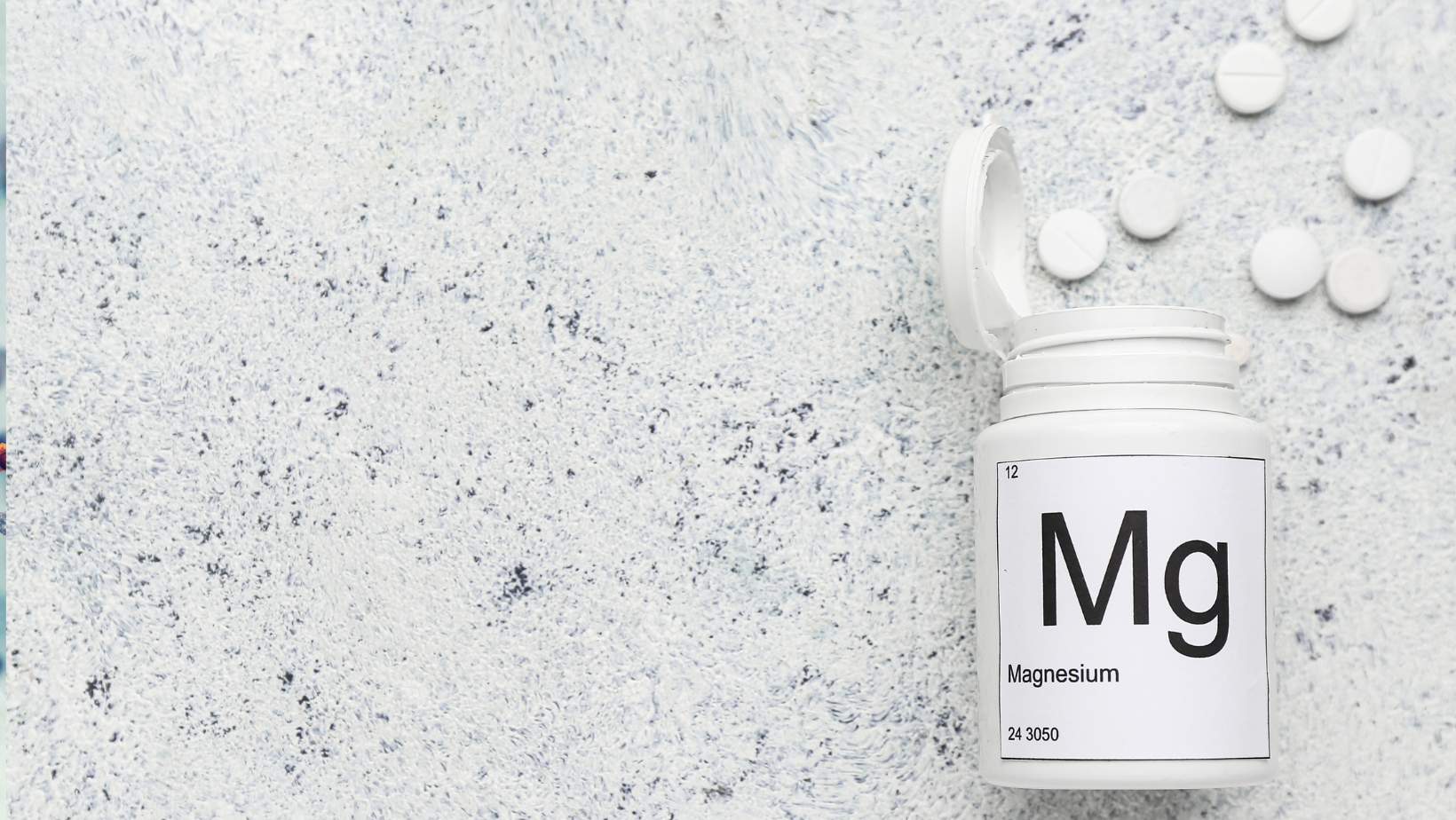What if we told you that a simple mineral deficiency could double your risk of dying – and that up to half of Americans are already deficient without realizing it? According to a groundbreaking study published in the journal Critical Care, this is precisely the case with magnesium, a critical nutrient that many experts are now calling the “miracle mineral.”
Despite its vital importance for health, magnesium deficiency is often overlooked and underdiagnosed. Could boosting your magnesium levels be the key to resolving stubborn symptoms and warding off chronic disease? Let’s dive into the science.
The Relaxation Mineral: How Magnesium Soothes Your Body and Mind
Magnesium is best known as the “relaxation mineral” due to its ability to calm tense muscles, frayed nerves, and even fiery tempers. It’s involved in over 300 enzymatic reactions and is concentrated in your brain, muscles, and bone.
At the cellular level, magnesium is essential for:
- Energy production
- Membrane stability
- Muscle relaxation
- Nervous system regulation
Magnesium is so crucial for health that hospitals routinely use it to treat life-threatening conditions like seizures, arrhythmias, and preeclampsia. But you don’t need to be critically ill to benefit from optimizing your magnesium status.
Are You Magnesium Deficient? Common Signs and Symptoms
Even if your magnesium levels aren’t low enough to warrant an emergency room visit, chronic deficiency can silently wreak havoc on your health. Here are some common red flags:
- Muscle cramps, tics, and twitches
- Headaches and migraines
- Insomnia and trouble relaxing
- Anxiety, irritability, and mood swings
- Constipation and digestive issues
- Chronic fatigue and weakness
- High blood pressure
- Hormonal imbalances and PMS
If any of these sound familiar, there’s a good chance your magnesium tank is running low. An estimated 65% of people admitted to the ICU – and up to 15% of the general population – are deficient.
Modern Life Is Draining Your Magnesium Stores
Unfortunately, our modern lifestyles are a perfect storm for magnesium deficiency. Magnesium is easily depleted by:
- Stress, both physical and emotional
- Excessive sweating
- Caffeine and alcohol
- Diabetes and insulin resistance
- Medications like antibiotics and diuretics
- Digestive disorders and gut dysfunction
Making matters worse, our typical diets are woefully lacking in magnesium-rich foods. Most Americans subsist on refined grains, factory-farmed animal products, and processed junk food – a far cry from the nuts, seeds, legumes, and leafy greens that our ancestors relied on.
The Silent Epidemic: Why Magnesium Deficiency Is Often Missed
Despite magnesium’s clear importance, deficiency often flies under the radar. Standard serum magnesium tests only catch the most severe cases, missing up to 50% of people with inadequate stores.
As a recent scientific review in Medical Hypotheses put it, “It is highly regrettable that deficiency of such an inexpensive, low toxicity nutrient results in diseases that cause incalculable suffering and expense throughout the world.”
Food First: The Best Dietary Sources of Magnesium
If you suspect you’re running low on magnesium, food is always the best foundation. Some of the top sources include:
- Pumpkin seeds and chia seeds
- Almonds, cashews, and Brazil nuts
- Spinach and other leafy greens
- Black beans and lentils
- Avocado and dried figs
- Dark chocolate
However, for many people, diet alone isn’t enough to correct deficiency – especially if your current stores are already depleted.
Supplementing Wisely: Choosing the Right Magnesium
To bridge the gap, many health experts recommend supplementing with 400-1000 mg of magnesium per day, depending on your needs. However, not all supplements are created equal.
Cheaper forms like magnesium oxide are poorly absorbed and can cause digestive side effects. Instead, look for bioavailable options like:
- Magnesium glycinate
- Magnesium malate
- Magnesium citrate
- Magnesium threonate
People with certain health conditions, like kidney disease or severe heart issues, should only supplement under medical supervision. But for most folks, increasing magnesium intake is a safe and affordable way to boost overall health.
The Bottom Line
If you want to feel your best and protect yourself from chronic disease, don’t let magnesium deficiency sneak up on you. Try these simple tips to optimize your levels:
- Increase your intake of magnesium-rich whole foods
- Reduce magnesium-depleting foods and habits like alcohol, caffeine, and stress
- Consider supplementing with 400-1000 mg of bioavailable magnesium daily
- Talk to your doctor about checking your magnesium status, especially if you have mysterious symptoms
By giving your body the magnesium it needs to thrive, you’ll be well on your way to the vibrant health you deserve. This miracle mineral may be humble, but its benefits are truly remarkable.
Frequently Asked Questions
What’s the best time of day to take magnesium supplements?
Many people find that taking magnesium in the evening promotes relaxation and better sleep. However, you can take it whenever works best for your routine. If you experience digestive side effects, taking it with food can help.
Can I get too much magnesium from supplements?
While it’s difficult to overdose on magnesium from food sources, extremely high supplemental doses can cause adverse effects like diarrhea, nausea, and cramping. Stick to the recommended dosage on the label unless instructed otherwise by your healthcare provider.
How long does it take to see results from increasing magnesium intake?
This varies from person to person, but many people report improved energy, mood, and sleep within a few weeks of optimizing magnesium intake. However, correcting long-term deficiency may take 3-6 months or more. Be consistent and patient.
